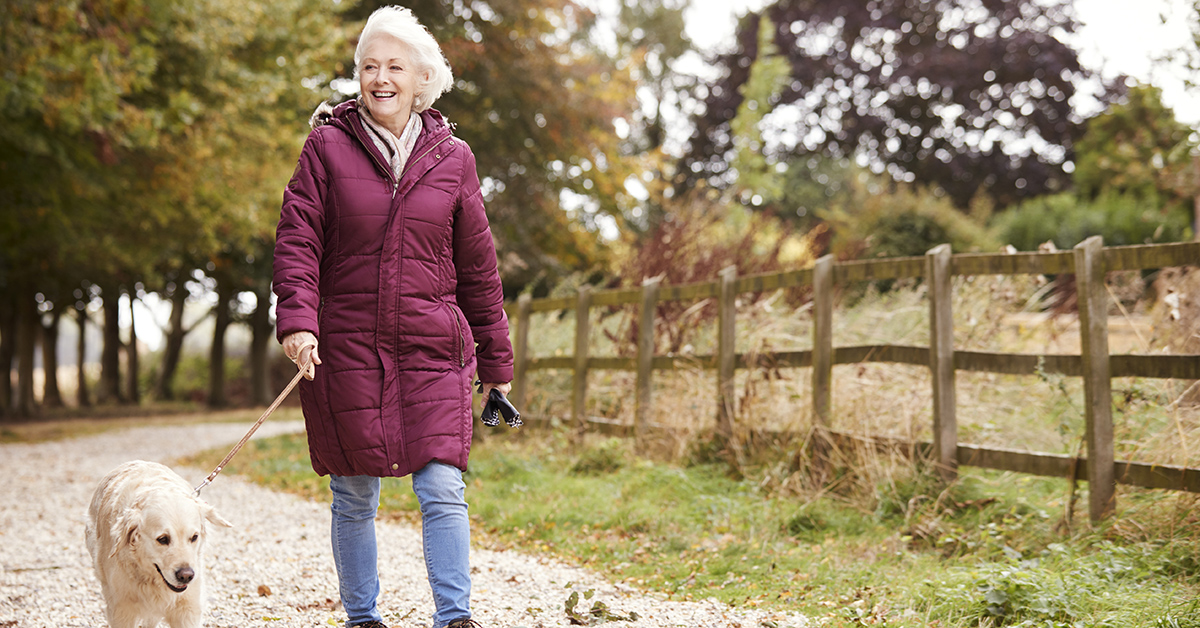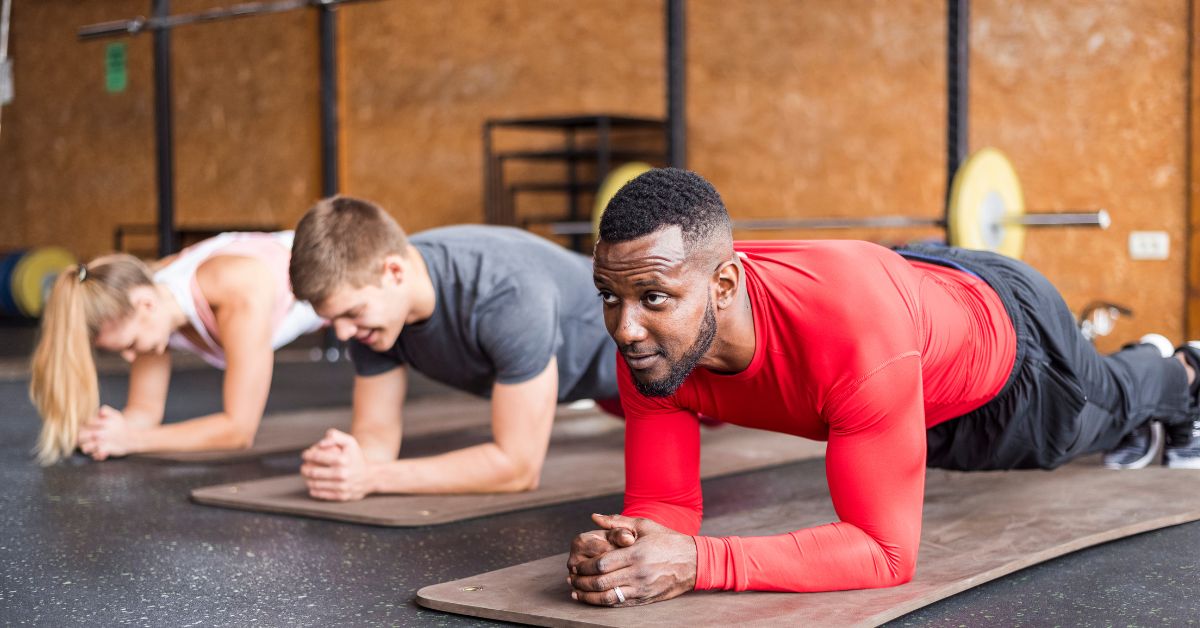Kids have a lot of supplies and materials to carry to and from school, so backpacks have become a back-to-school staple. But it’s important to know if your child is carrying a backpack too heavy for them.
When used correctly, children’s backpacks can be safe and effective ways to carry items. But if a backpack is overloaded or doesn’t distribute the weight correctly, it can cause back pain and other problems.
“Back pain is one of the most common complaints in pediatric orthopedic patients,” Gregory Hale, MD, a pediatric orthopedic surgeon at Bon Secours – Tuckahoe Orthopedics, says. “A vast majority of back pain in children is muscular and can be avoided by maintaining good core strength and flexibility as well as avoiding activities that stress the back more than necessary. Following backpack safety tips could definitely decrease the frequency and severity of back pain in pediatric patients.”
Is carrying a heavy backpack bad?
Again, when used properly, a backpack is a great way for kids to carry their things. However, there are a few ways that heavy backpacks can cause serious problems.
- Straps that are too narrow and that don’t have padding might cause tingling and numbness in hands and arms.
- Big backpacks take up a lot of room on a child’s back, and a child might be clumsier. Accidents from falling or bumping into things or other people are common.
- Carrying a backpack too heavy for them on one shoulder instead of two shoulders can cause a kid to lean to the side to counterbalance the weight. This can cause strain in the neck, shoulders, upper back and lower back.
- Finally, heavy backpacks carried with all of the weight on the shoulders will usually create a backward force on a child when wearing it. Kids will compensate for this by leaning forward as they wear the backpack, which is an unnatural position that may lead to neck, shoulder and back pain.
How heavy is too heavy for a backpack?
A good rule of thumb is that a backpack should weigh no more than 10 percent of a child’s body weight. If a child pulls a trolley backpack with wheels, the backpack should weigh no more than 20 percent of the child’s weight.
So, let’s say your child weighs 80 pounds. This means they shouldn’t carry a backpack that weighs more than eight pounds and shouldn’t pull a wheeled backpack that weighs more than 16 pounds.
Also, always listen and respond if your child complains about back pain. Even if the backpack is within recommended weight limits, your child might not be carrying it correctly. Watch your child put the backpack on and take it off again. If your child still struggles, lighten the load in the backpack.
Other general backpack safety tips
Following general backpack safety should help kids avoid injury. There are lots of heavy backpack solutions that you can use to lower the weight of your kid’s backpack significantly.
- Tighten the straps to make the backpack closer to the back.
- Position the heaviest items so they’re low and in the center of the backpack.
- Have your child clean out their backpack weekly so it doesn’t accumulate unnecessary items.
- Load the backpack with only the essentials. It shouldn’t be necessary to take every textbook home from school every night.
- Weigh the backpack when it’s empty. If it’s already heavy without any materials in it, it’s not the right backpack for your child.
- Encourage kids to use lockers and desks effectively. Store the items that aren’t needed in class or at home in a locker or desk, not in a backpack.
- If a child’s backpack is too heavy, speak with the child’s teacher about minimizing the load. Ask about using electronic resources at home instead of bringing textbooks back and forth.
- Choose a backpack with two wide and padded shoulder straps, a padded back and a waist strap. The waist strap helps redistribute the weight so it’s not concentrated on the neck, shoulders and back.
How we can help
If you’ve made adjustments to the load of books and other school items your child is carrying in their backpack and they’re still experiencing back pain, speaking with a medical professional may help you get to the bottom of an underlying cause. You can start with your child’s pediatrician or make an appointment directly with an orthopedic specialist.
Learn more about the back and neck care as well as the pediatric services we offer at Bon Secours.





